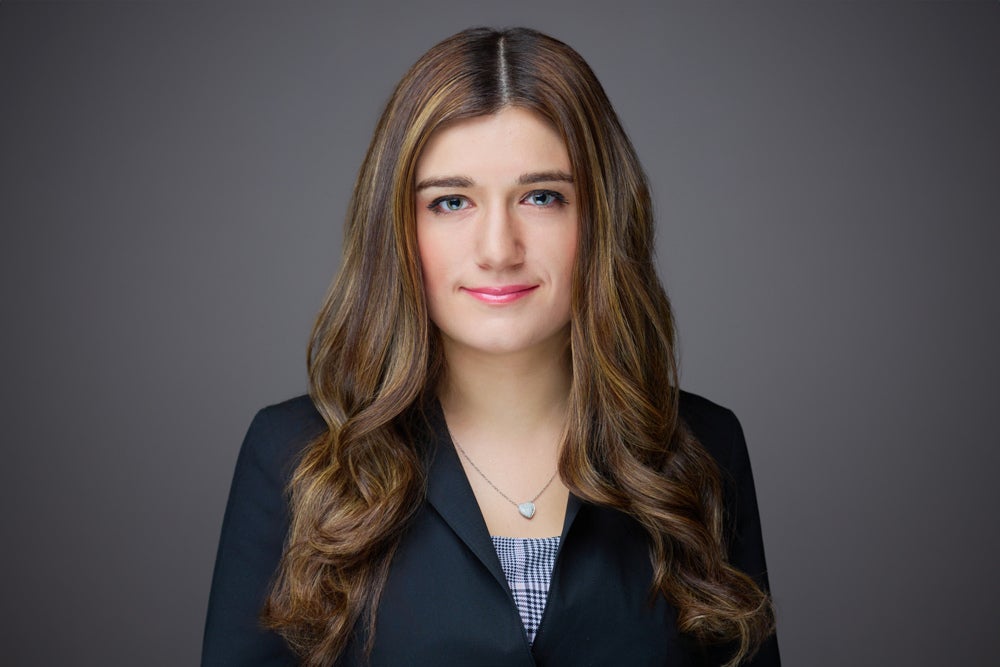By Danielle Mikaelian ’25

During my time at HLS, I have specifically developed an interest in internet law. I have been surprised to learn that modern day internet laws are outdated in an age filled with inaccurate information online and cyberbullying. I personally experienced something along these lines last year when I was falsely accused online of something I had played no role in. While I had clear evidence of this, sometimes it can be difficult to encourage others to give you the opportunity to clarify a situation. Going through such a harrowing experience unexpectedly as a student has made me realize how quickly individuals can have their lives upended over online accusations with no basis.
While the US prioritizes free speech over internet privacy laws, it falls behind countries in the EU that protect citizens through much more specific legislation. Beyond this, artificial intelligence also poses unique and pressing challenges considering the lack of regulation revolving around AI. Considering this, the Cyberlaw Clinic at HLS is a unique and timely resource. The Cyberlaw Clinic falls under the Berkman Klein Center for Internet & Society – a center filled with brilliant researchers dedicated to reshaping the future of internet law.
One area of focus in our clinical seminar was Section 230 of the Communications Act of 1934. Section 230 prevents online platforms from incurring liability for content third party users post on their platforms. However, it has increasingly become contentious in an age where platforms like X (Twitter), Meta, Instagram, TikTok, and so on continue to shield themselves from legal liability through such provisions. As a student in the Cyberlaw Clinic, I discussed such provisions with classmates while working to develop potential proposals for reform. Having the opportunity to debate and ponder the future of the Internet alongside other Harvard Law School classmates was invaluable.
The Cyberlaw Clinic provided a perfect setting through which I could learn more about internet law while working with clients navigating real world issues. One of my main projects revolved around copyright and licensing issues for a startup at the Harvard School of Education. The startup wanted to train a large language model (LLM) that could process scientific research papers and generate snippets of content that would be accessible to the general public, including influencers. This involved an analysis of both copyright law as well as licensing issues associated with legally using third party content on platforms such as Semantic Scholar. As the startup was in its early stages, I met with the co-founders as they continued to evolve their offerings and recruited a Chief Technology Officer. Eventually, we produced a final legal memorandum to help them navigate the applicable copyright and licensing issues in a way that both supported the company’s needs and helped it avoid potential legal liability.
A second project was a film distribution agreement with a digital platform. As a student attorney, I helped negotiate key provisions like the exclusivity period, approval rights related to editing the picture, third party payments, the indemnity period, limitation of liability, and promotional efforts. As a student interested in entertainment law, this provided me with practical experience negotiating contacts as well as prioritizing client needs. This was an especially rewarding experience as I have had a general interest in entertainment law for years.
As a 1L, I also acted as a Student Attorney for our Recording Artists Project. This provided me with initial experience I built upon through revising this film agreement in conjunction with the Cyberlaw Clinic. At HLS, I have served in roles on the board of the Committee of Sports and Entertainment Law as well as acted as Co-Managing Print Editor for the Journal of Sports and Entertainment Law to pursue this interest outside of my pro bono work as well. Finally, I also completed an intake form for a potential client in the media industry, analyzing the company’s offerings, proposed trajectory, and possible legal issues. I have continued to delve into internet law and technology by enrolling in Jonathan Zittrain’s Regulating Digital Technologies course and remain dedicated to addressing these issues in the future.
As society continues to progress digitally and technologically, I firmly believe that resources like the Berkman Klein Center and the Cyberlaw Clinic will redefine the way we approach internet law – making it more possible for individuals to engage with technology in a safe, positive way.
Filed in: Clinical Student Voices
Tags: Class of 2025, Cyberlaw Clinic
Contact Office of Clinical and Pro Bono Programs
Website:
hls.harvard.edu/clinics
Email:
clinical@law.harvard.edu